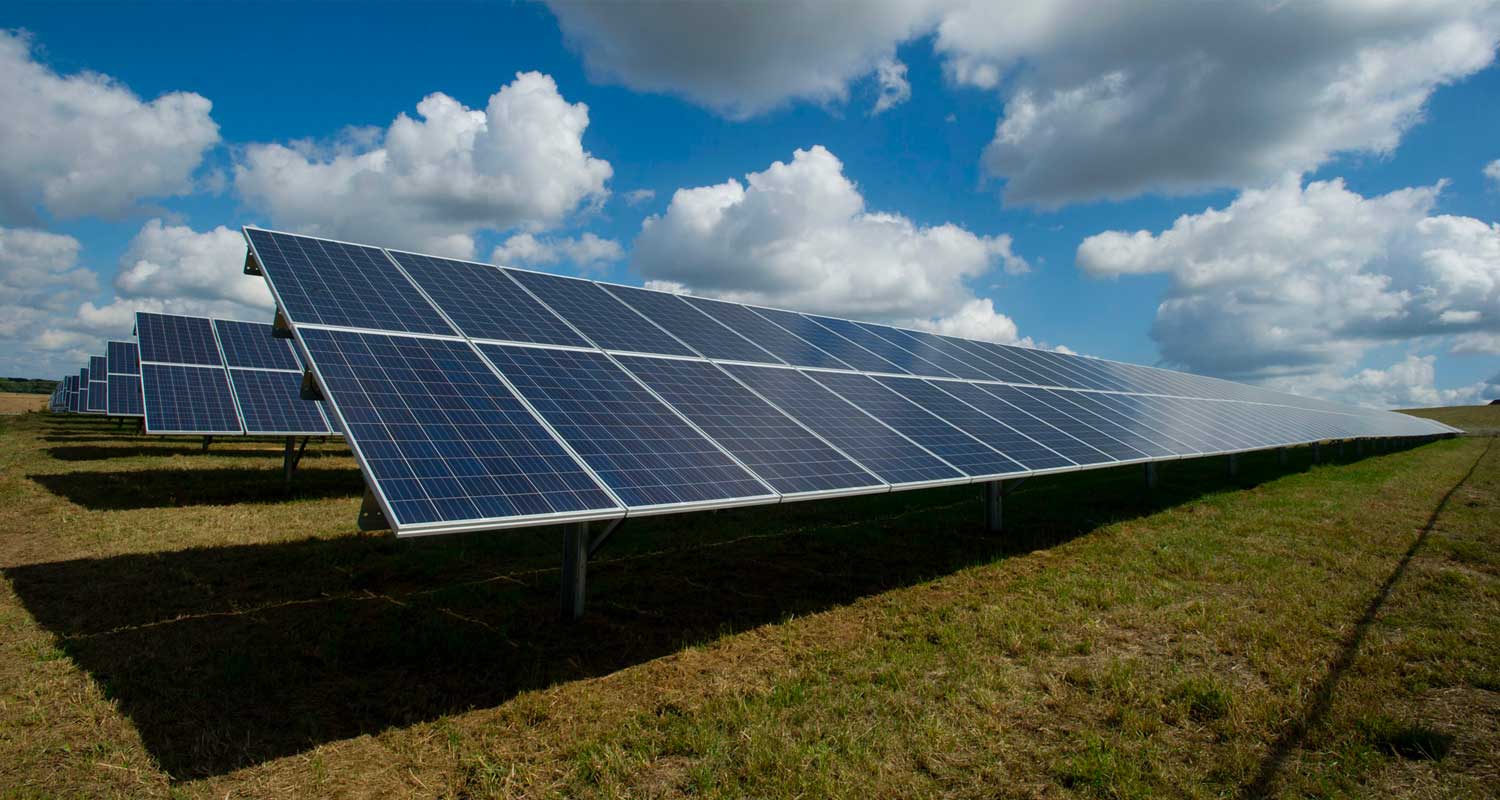 Nedbank Group has increased its green finance pipeline to more than R10-billion as more South African businesses invest in private power generation after the government lifted restrictions to help resolve the country’s energy crisis.
Nedbank Group has increased its green finance pipeline to more than R10-billion as more South African businesses invest in private power generation after the government lifted restrictions to help resolve the country’s energy crisis.
“There are very strong pipelines currently in our business and across the country for private sector generation — that is a very large growth sector in an otherwise challenging growth environment,” Nedbank CEO Mike Brown said. “It is going to take probably two to three years before that connects to the grid and fixes the problem.”
President Cyril Ramaphosa scrapped a 100MW limit on embedded generation in July, allowing companies and households to produce electricity without a licence to meet their own needs and sell to the grid.
The state also doubled renewable energy procurement to 5.2GW under a so-called bid window six to help accelerate the country’s transition from a dependence on coal for more than 80% of its power, towards greener energy sources.
South Africa has been grappling with intermittent power cuts since 2008 as the state-owned electricity provider Eskom’s ageing and poorly maintained coal-fed plants can’t meet demand.
The electricity rationing may cost the economy as much as much as R899-million/day, according to the South African Reserve Bank. The central bank cut its 2023 economic growth forecast to 0.3% as Eskom implements more intense and frequent blackouts.
South Africa still has enormous potential, despite the “material challenges in the short to medium term”. according to Brown.
Read: Next up: solar to the shack
“It’s a country that has some of the top 10 mineral deposits that are so necessary for growth around the world,” Brown said. “We’re a gateway to Africa. So, while we certainly do have short-term challenges, I’m extremely bullish about the long-term potential of our country.” — (c) 2023 Bloomberg LP




